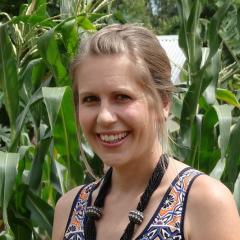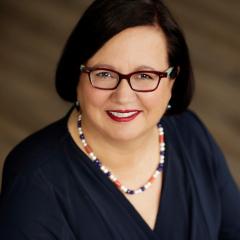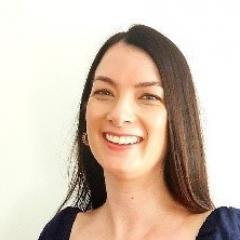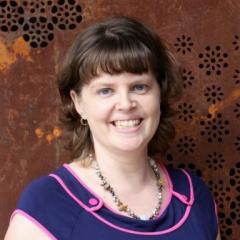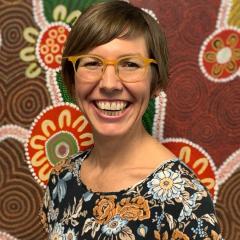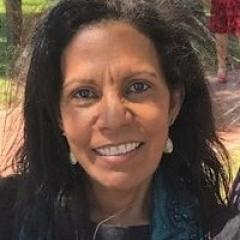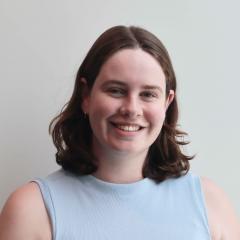LEAP-CP: Peer delivered early detection and intervention for infants at high risk of cerebral palsy/neurodevelopmental disability in Indigenous Australia: Learning through Everyday Activities with Parents Study
What is LEAP-CP?
Cerebral palsy (CP) is the most common childhood physical disability (1 in 500 Australians), however, CP from post-natal causes is five times more likely in Indigenous Australians. Indigenous children with CP are more likely to have poorer gross motor function and cognition, 50% more likely to have epilepsy, and more than twice as likely to have visual impairment.
We have demonstrated that early intervention targeting early active-goal directed training and responsive parenting are effective for both the infant and caregiver. Our international clinical practice guideline for CP has recommended that reliable detection of infants at risk of CP can occur from 13 weeks corrected age. However, families living in remote locations do not receive diagnosis or intervention until after the child’s second birthday; missing a significant window of neuroplasticity.
To identify these at risk infants, we need to implement community surveillance and adapt interventions known to be effective in mainstream Western populations and deliver them through culturally responsive service delivery models.
The LEAP-CP program (Learning through Everyday Activities with Parents of infants with CP) has been successfully implemented in urban slums and rural communities in India. This trial tests the effectiveness of an Indigenous cultural adaptation of the LEAP-CP program – a home-based peer-delivered 'best practice' multi-domain intervention. LEAP-CP is a paradigm shift in service delivery, conducted through a culturally sensitive peer to peer model with local Indigenous community change agents. The lay health worker model has been highly effective in Indigenous, cross-cultural and hard to reach contexts, ensuring community empowerment and sustainability.
Who can participate?
This study seeks infants and their families who:
- Identify as Aboriginal and/ or Torres Strait Islander
- Aged 3 months to 12 months (adjusting for prematurity)
- Have had complications during pregnancy, birth or shortly after (including admission to a neonatal intensive care unit)
- Do not have a diagnosed syndrome and are medically stable
- Live in Queensland or Western Australia (contact us to find out if your specific community is participating)
Want to participate?
Chief Investigators
Dr Kath Benfer, Prof Roslyn Boyd, Dr Alan Ruben, Prof Iona Novak, Dr Cathy Morgan, Dr Koa Whittingham, Prof Anthony Smith, Prof Cath Elliott, A/Prof Jane Valentine, A/Prof Gulam Khandaker
Associate Investigators
A/Prof Mark Chatfield, Prof Yvonne Cadet-James, Ms Johanna Neville, Ms Lynda McNamara, Dr Margot Bosanquet
Student Investigators
Mrs Carly Luke
Ms Leeann Ramsamy
Contact
- Dr Kath Benfer, E: k.benfer@uq.edu.au (Mon-Wed)
- Prof Roslyn Boyd, E: r.boyd@uq.edu.au (Mon-Fri)
Funding sources
National Health and Medical Research Council, Cerebral Palsy Alliance, Children’s Hospital Foundation, Perpetual Impact

